Greek mythology is comprised of myths and legends connected to ancient Greek culture. The stories that gave rise to Greek mythology were created between the 9th and the 8th Centuries BC. In the beginning they were transmitted orally. Later they were collected, enriched and written down. They have reached modern readers in large part thanks to literary works such as Homer’s Iliad and Hesiod's Theogony. The most important figure in Greek mythology is Zeus, king of the gods, often depicted brandishing a lightning bolt. Zeus lived at the peak of Mount Olympus together with his wife, Hera, queen of the gods. Zeus governed the world together with his brothers: Poseidon, lord of the oceans, and Hades, who ruled the Underworld. Zeus had many children. Some, like Ares, the god of warfare, were legitimate. Others were born out of wedlock: in fact Zeus often betrayed his wife Hera with other female divinities. Zeus’s illegitimate children include Artemis, goddess of hunting, and Apollo, god of art and prophesy.
Sometimes Zeus coupled with mortal women too, generating demigods: men with godlike powers. The most famous of these demigods is Hercules, a hero with superhuman strength. There are many other important figures in Greek mythology.
Aphrodite, goddess of love and beauty, was born from sea foam. Athena, goddess of wisdom, burst forth from Zeus’s head following a severe headache. Hermes, god of thieves and wayfarers, wears a winged helmet and carries a staff entwined with serpents. Greek mythology doesn’t just tell stories of gods, but also of humans, who are often the protagonists of tragic events. Such was the case with Agamemnon, who returned home after ten years at war only to be killed by his own wife. Or Oedipus, who unwittingly killed his father and married his mother. Some of the stories in Greek mythology were metaphors for historical events.
For example, Hercules’s exploits symbolize the triumph of Greek civilization over barbaric populations. Other Greek myths, like the Oedipus myth, have been reinterpreted through a psychoanalytical lens. In general, the Greek mythological world reflects human nature and society. Greek gods were prey to vices and defects typical of mortals, and were often jealous, vindictive, and blinded by passion.
Sometimes Zeus coupled with mortal women too, generating demigods: men with godlike powers. The most famous of these demigods is Hercules, a hero with superhuman strength. There are many other important figures in Greek mythology.
Aphrodite, goddess of love and beauty, was born from sea foam. Athena, goddess of wisdom, burst forth from Zeus’s head following a severe headache. Hermes, god of thieves and wayfarers, wears a winged helmet and carries a staff entwined with serpents. Greek mythology doesn’t just tell stories of gods, but also of humans, who are often the protagonists of tragic events. Such was the case with Agamemnon, who returned home after ten years at war only to be killed by his own wife. Or Oedipus, who unwittingly killed his father and married his mother. Some of the stories in Greek mythology were metaphors for historical events.
For example, Hercules’s exploits symbolize the triumph of Greek civilization over barbaric populations. Other Greek myths, like the Oedipus myth, have been reinterpreted through a psychoanalytical lens. In general, the Greek mythological world reflects human nature and society. Greek gods were prey to vices and defects typical of mortals, and were often jealous, vindictive, and blinded by passion.
RELATED


PISCES
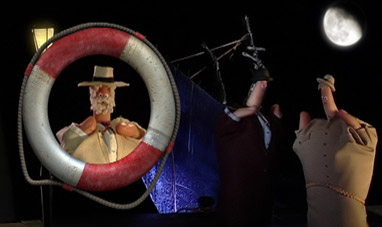

HEART OF DARKNESS


ARIES


MOBY-DICK
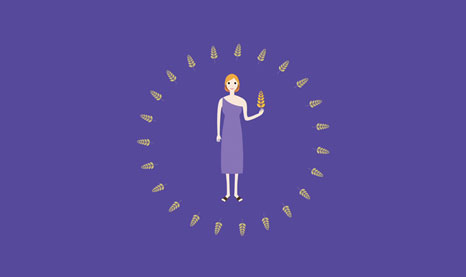

VIRGO
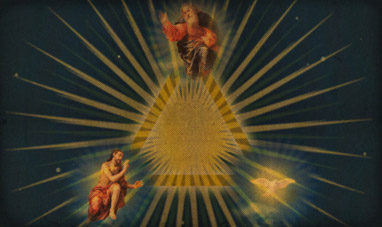

CHRISTIANITY


WHEAT
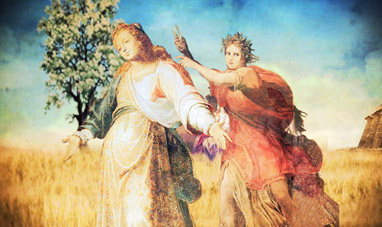

EURIPIDES
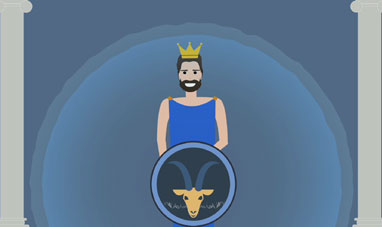

CAPRICORN


ELECTRONIC MUSIC
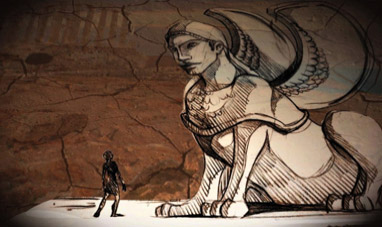

OEDIPUS
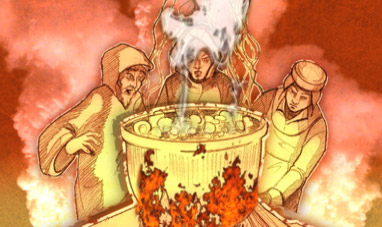

THE PHILOSOPHER'S STONE


JAZZ


ANNA KARENINA
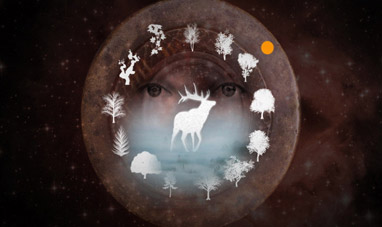

THE CELTIC HOROSCOPE
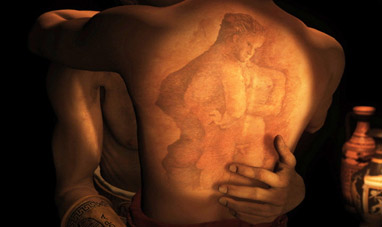

HOMOSEXUALITY IN THE ANCIENT WORLD


REGGAE


HIP HOP


SQUID
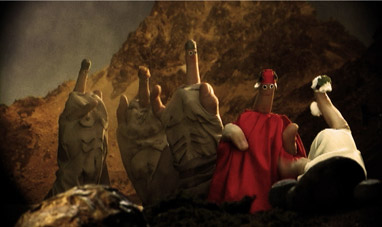

DIVINE COMEDY, PURGATORY
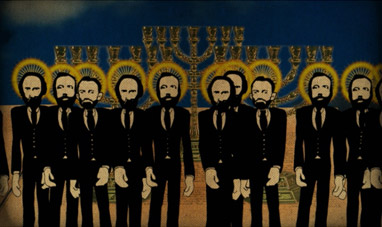

MORMONS


HEAVY METAL
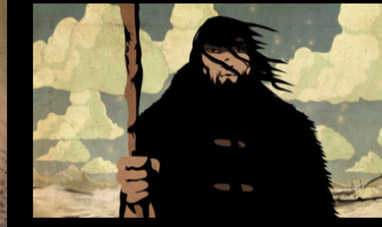

AINU COSMOGONY
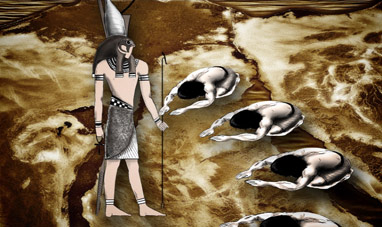

EGYPTIAN MYTHOLOGY


SHINTO
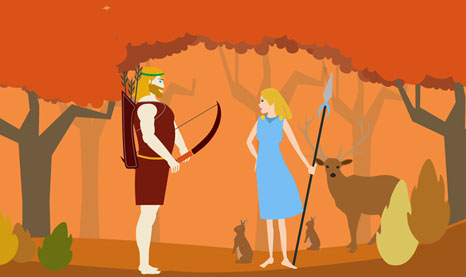

SCORPIO
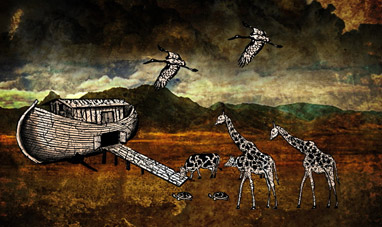

THE GREAT FLOOD
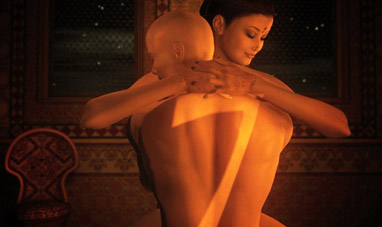

SEX IN THE KAMASUTRA
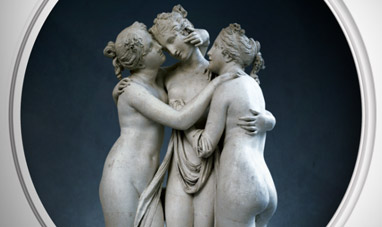

THE THREE GRACES
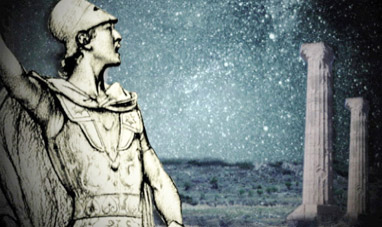

ALEXANDER THE GREAT
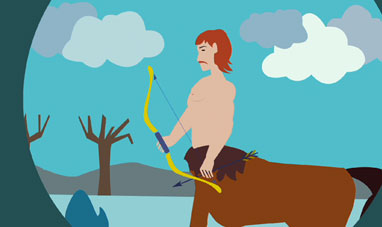

SAGITTARIUS


BLUES


THE ODYSSEY
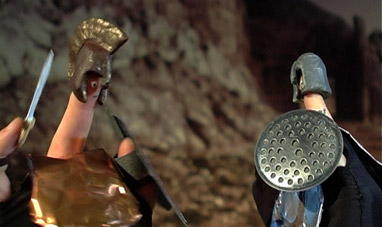

THE ILIAD
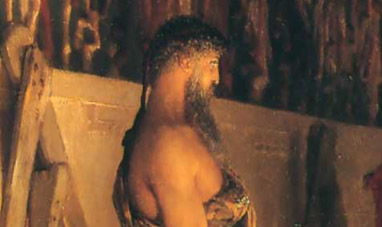

PHIDIAS


JAPANESE TRADITIONS
